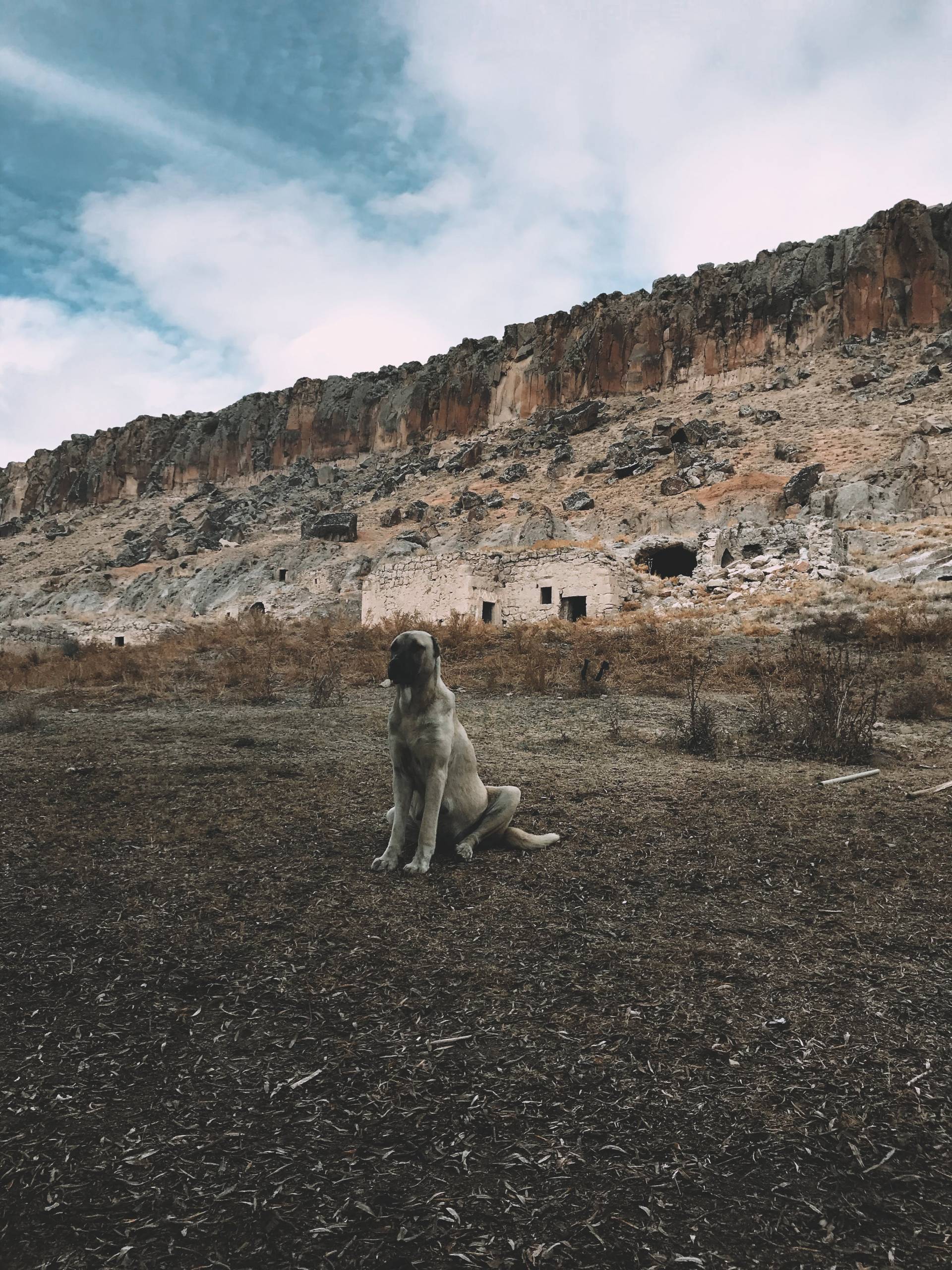Losing a dog is an incredibly difficult experience for pet owners. The passing of a beloved canine companion creates a void not only in the hearts of their human family but also in the lives of other dogs who shared that bond. Since dogs are social animals that form strong attachments, the loss can significantly affect a surviving dog. Supporting your grieving dog requires understanding, patience, and thoughtful strategies.
Recognizing Signs of Grief
When a dog loses a companion, it is natural for them to show signs of grief, which may include changes in eating habits, lethargy, increased vocalization, or destructive behavior. Recognizing these signs as expressions of grief is vital. Dogs experience emotions similarly to humans, so they need time to process their feelings and adjust to the loss.
Maintaining Routine
Maintaining a consistent routine is crucial for a grieving dog. Dogs thrive on predictability, and keeping daily schedules as normal as possible can provide a sense of stability. Regular feeding times, walks, and play sessions create a comforting environment amid emotional turmoil. While it might be tempting to change things up to distract your dog, maintaining their routine offers the security they need.
Offering Comfort and Affection
Providing extra love and attention during this difficult time is essential. A surviving dog may seek more affection or withdraw into themselves. Pay close attention to their behavior and respect their needs. Some dogs may appreciate cuddling and gentle reassurance, while others might prefer solitude. Engaging in gentle play or simply being present can reassure them they are not alone.
Encouraging Social Interaction
Social interaction plays a significant role in helping a grieving dog cope. If the dog was close to the one that passed, they may feel isolated. Encouraging interactions with other dogs can provide comfort and help them move forward. Arrange playdates with familiar dogs or visit a dog park to facilitate engagement with other canines. However, it is important to be mindful of your dog’s comfort level; some may need time before they are ready to socialize again.
Monitoring Behavior Closely
Observing your dog’s behavior during this period is essential. Changes in habits, such as a sudden lack of appetite or excessive barking, may indicate that they are struggling with grief more than you realize. If these signs persist beyond a few weeks, consulting a veterinarian or an animal behaviorist can provide valuable insights into your dog’s emotional state and suggest suitable interventions.
Engaging in Enjoyable Activities
Encouraging activities that your dog enjoys can help them cope with the loss. If your dog loved walks, visiting a favorite park, or playing with toys, maintaining these activities can offer a sense of normalcy. Introducing new toys or experiences can also spark their interest and provide joy, redirecting their focus as they heal.
Addressing the Search for a Companion
Dogs may seek their lost companion in familiar spaces around the house. If your dog appears to be searching for their friend, gently reassure them of your presence and remind them that their companion is no longer with them, yet they are still loved and cared for. Removing items that belonged to the deceased dog, such as toys or bedding, may help if your surviving dog shows distress around them.
Navigating the Grieving Process
As time passes, your dog will begin to adjust to a new reality. Grief does not disappear overnight; it can take weeks or even months for a dog to come to terms with loss. Patience is vital during this process. Allow your dog to grieve in their own way and at their own pace. Some days will be better than others, and this fluctuation is perfectly normal. Providing comfort and support as they navigate their feelings is essential.
Considering a New Companion
After some time, adopting another dog can provide a fresh perspective and help your surviving dog find joy again. However, this decision should not be rushed. Assess your dog’s readiness for a new friend; if they show signs of healing and interest in socializing, welcoming a new dog into the household can be a positive step.
When bringing a new dog into the home, allow your surviving dog to meet them in a neutral environment and closely observe their interactions. Ensuring that both dogs feel safe and comfortable is important. Supervise initial meetings to prevent negative experiences that could hinder their developing relationship.
Healing Together
Navigating the loss of a dog alongside another grieving canine can be challenging yet rewarding. The bond between dogs can serve as a source of comfort, allowing them to support each other during this difficult time. If you find yourself struggling with your dog’s grief, remember that many pet owners have faced similar situations and have found ways to support their dogs.
Helping a dog cope with the loss of another dog requires compassion, understanding, and patience. Acknowledge their pain and provide the love and support they need during this challenging time. By maintaining routines, offering companionship, encouraging social interactions, and carefully monitoring their behavior, you can help your dog navigate their grief. With unwavering support, your dog can learn to find joy in life once more, carrying the love of their companion forward with every wag of their tail.



